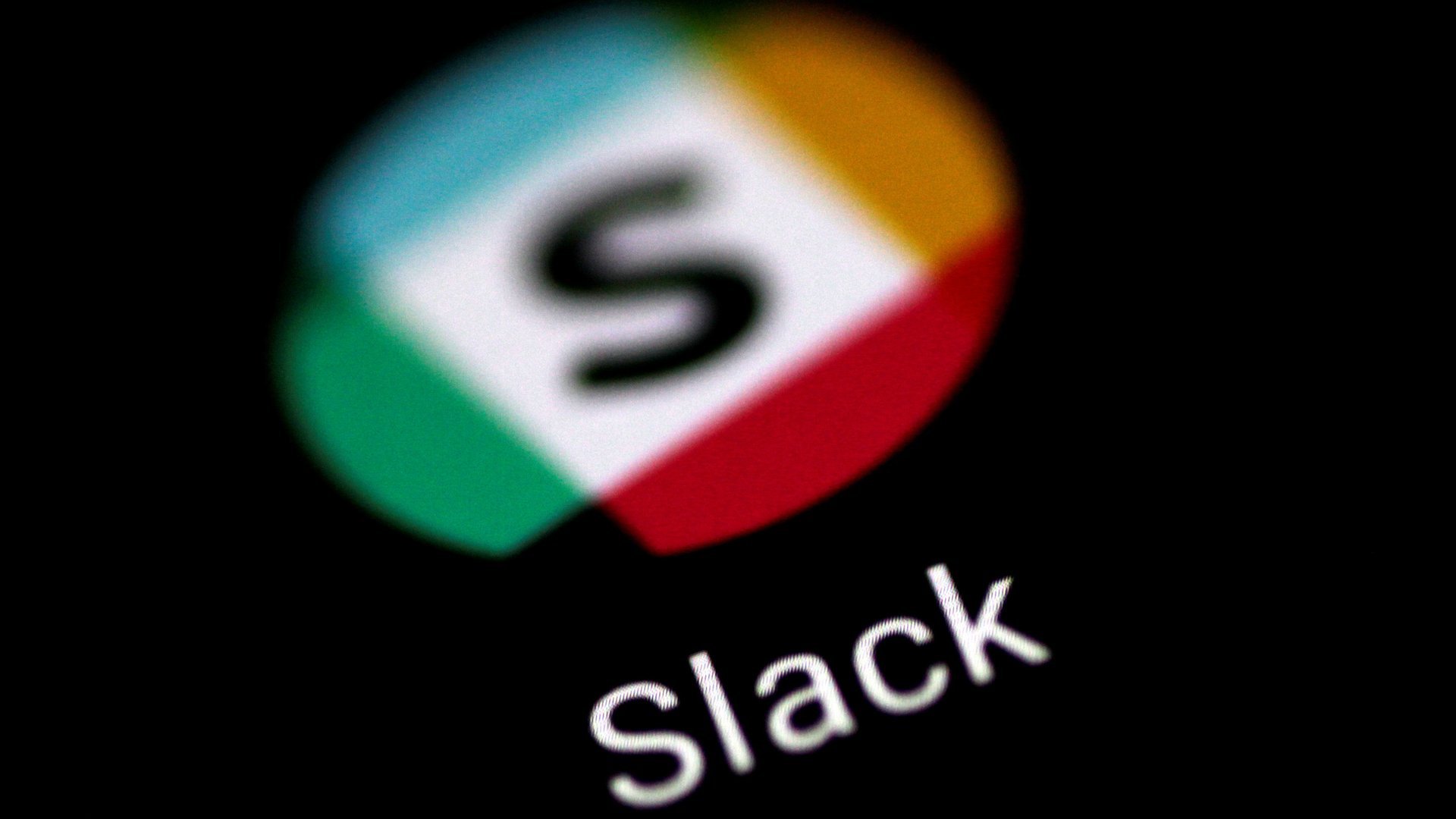Slack has raised $250 million it doesn’t particularly need
Slack, the workplace messaging app, recently raised a quarter of a billion dollars from investors that, by one measure, it didn’t necessarily need: The software company hasn’t touched the $360 million it raised in its last two fundraising rounds, according to the Financial Times (paywall). Like other promising technology companies, Slack appears to have easy access to cash—some $841 million to date—without resorting to fundraising the old-fashioned way, through an initial public offering.


Slack, the workplace messaging app, recently raised a quarter of a billion dollars from investors that, by one measure, it didn’t necessarily need: The software company hasn’t touched the $360 million it raised in its last two fundraising rounds, according to the Financial Times (paywall). Like other promising technology companies, Slack appears to have easy access to cash—some $841 million to date—without resorting to fundraising the old-fashioned way, through an initial public offering.
“It’s a strange world. If it was 10 years ago we’d be public by now,” Slack CEO Stewart Butterfield told the FT.
Listing companies on a stock exchange provides a chance for individual investors to participate in the corporate sector’s financial success (or failure). But the number of US-listed companies has declined steadily, from more than 8,000 in 1996 to 4,331 last year, according to the World Bank and World Federation of Exchanges.
At least for technology startups, there’s so much private money available from the likes of venture capital funds that there’s little need for them to undergo the scrutiny and regulatory burden of adding a ticker to a stock exchange.
Japan’s SoftBank Vision Fund led the latest Slack investment, which values the tech startup at $5.1 billion, up from $3.8 billion in April 2016, according to Bloomberg. Slack’s CEO told the FT that SoftBank wanted to invest even more, and will probably still be an investor after the San Francisco-based firm eventually does offer public shares, which probably won’t happen until after 2018.
To be sure, Slack’s latest fundraising wasn’t just a sign of vanity. The technology business is extremely competitive, and many firms in the sector hoard cash. Butterfield also told the FT that SoftBank’s investment and credibility could help the fast-growing firm expand in Japan.
Still, a concern for policymakers is that a small group of people, like wealthy accredited investors and venture capital firms, are getting all the best opportunities to invest in the most dynamic young companies, since these firms are staying private for longer than before. While Slack appears destined for a stock-market listing eventually, ordinary investors eager for a piece of the action may have to spend more to get less.